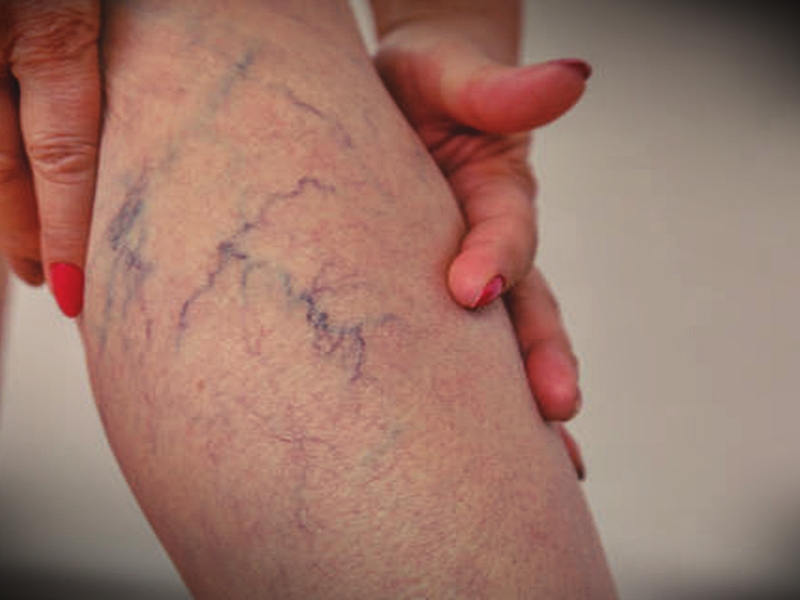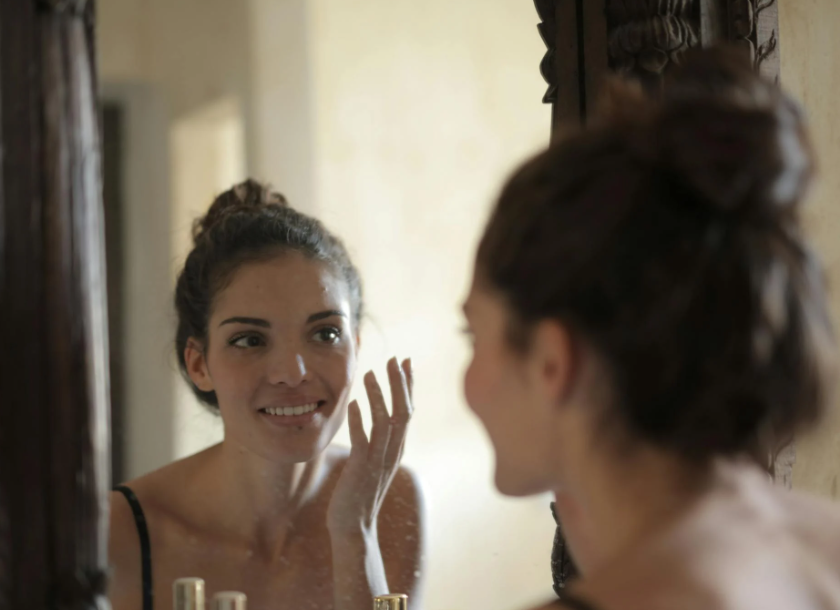The study examined 8,782 participants aged 30 to 70. Among them, 676 reported having moderate to severe varicose veins. Researchers asked about their sensitivity to cold in the feet and feelings of heaviness in the legs, establishing a strong correlation between these symptoms and the condition
If you often experience ice-cold feet and a sense of heaviness in your legs, it may be more than just fatigue — it could signal the presence of varicose veins, according to a new study from Taiwan’s Chung Shan Medical University.
Varicose veins are twisted, enlarged veins that usually occur in the legs or ankles due to poor functioning of deep, superficial, or perforator veins. Affecting 2 to 30 percent of adults — with women at higher risk — this condition can cause aching, swelling, throbbing, and, in more severe cases, leg ulcers.
Researchers highlighted that cold hypersensitivity, often dismissed as a subjective symptom, may in fact play a more significant role in diagnosing varicose veins. The study, published in the open-access journal Open Heart, found that people who reported moderate to severe cold hypersensitivity were 49% to 89% more likely to have varicose veins than those who did not report such symptoms.
Additionally, the sensation of heaviness in the legs was four times more common in individuals with varicose veins. The study underscored that when cold feet and heavy legs occur together, the likelihood of having varicose veins rises sharply.
“Of note is the significance of the concurrent symptoms of heaviness and cold feet. When these symptoms coexist, the likelihood of confirming the presence of varicose veins is notably amplified,” said Yung-Po Liaw and his team.
The study examined 8,782 participants aged 30 to 70. Among them, 676 reported having moderate to severe varicose veins. Researchers asked about their sensitivity to cold in the feet and feelings of heaviness in the legs, establishing a strong correlation between these symptoms and the condition.
The findings also suggested job-related factors contribute to the risk. Occupations requiring prolonged standing were linked to a 45% higher risk of developing varicose veins. While this was an observational study and does not prove causation, the results highlight overlooked symptoms and risk factors in clinical assessments.
In a related study from the University of Sydney, Australian researchers have debunked the notion that standing is inherently healthier than sitting. Analysing data from 83,013 adults in the UK using wrist-worn tracking devices, the researchers found that prolonged standing does not lower the risk of cardiovascular issues and can, in fact, increase the chances of developing circulatory problems like varicose veins and deep vein thrombosis.
Lead author Matthew Ahmadi from the Faculty of Medicine and Health at the University of Sydney said, “Standing for too long will not offset an otherwise sedentary lifestyle and could be risky for some people in terms of circulatory health.”
The study found no significant cardiovascular benefits to standing more, but it did confirm that sitting for more than 10 hours a day increases the risk of both heart and circulatory diseases.
Experts now recommend a balanced approach: instead of simply swapping sitting for standing, individuals should integrate regular movement and short bursts of physical activity throughout the day. Previous research has shown that just six minutes of vigorous exercise or 30 minutes of moderate-to-vigorous movement daily can greatly reduce the risk of heart disease — even for those who are sedentary for much of the day.










